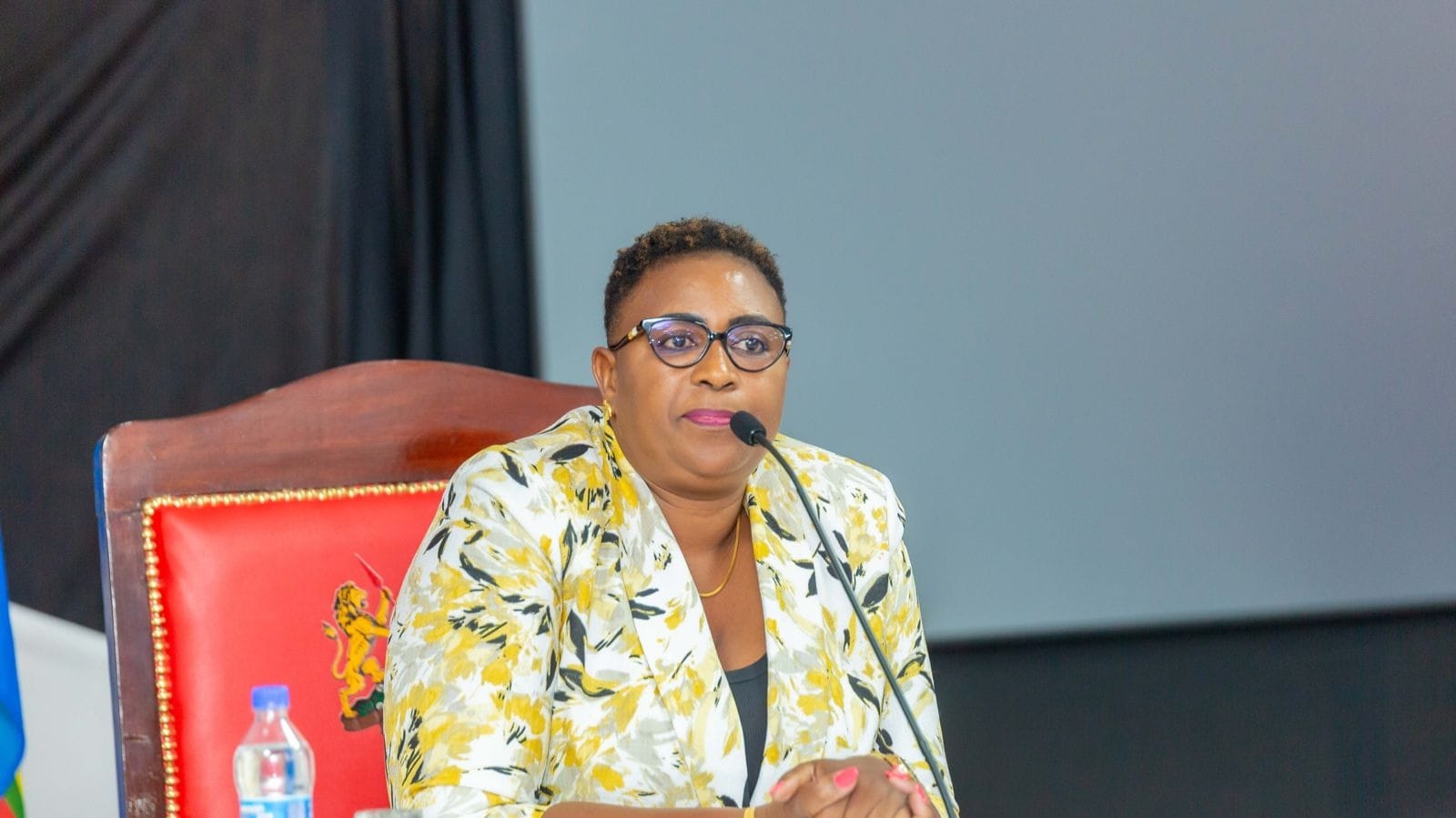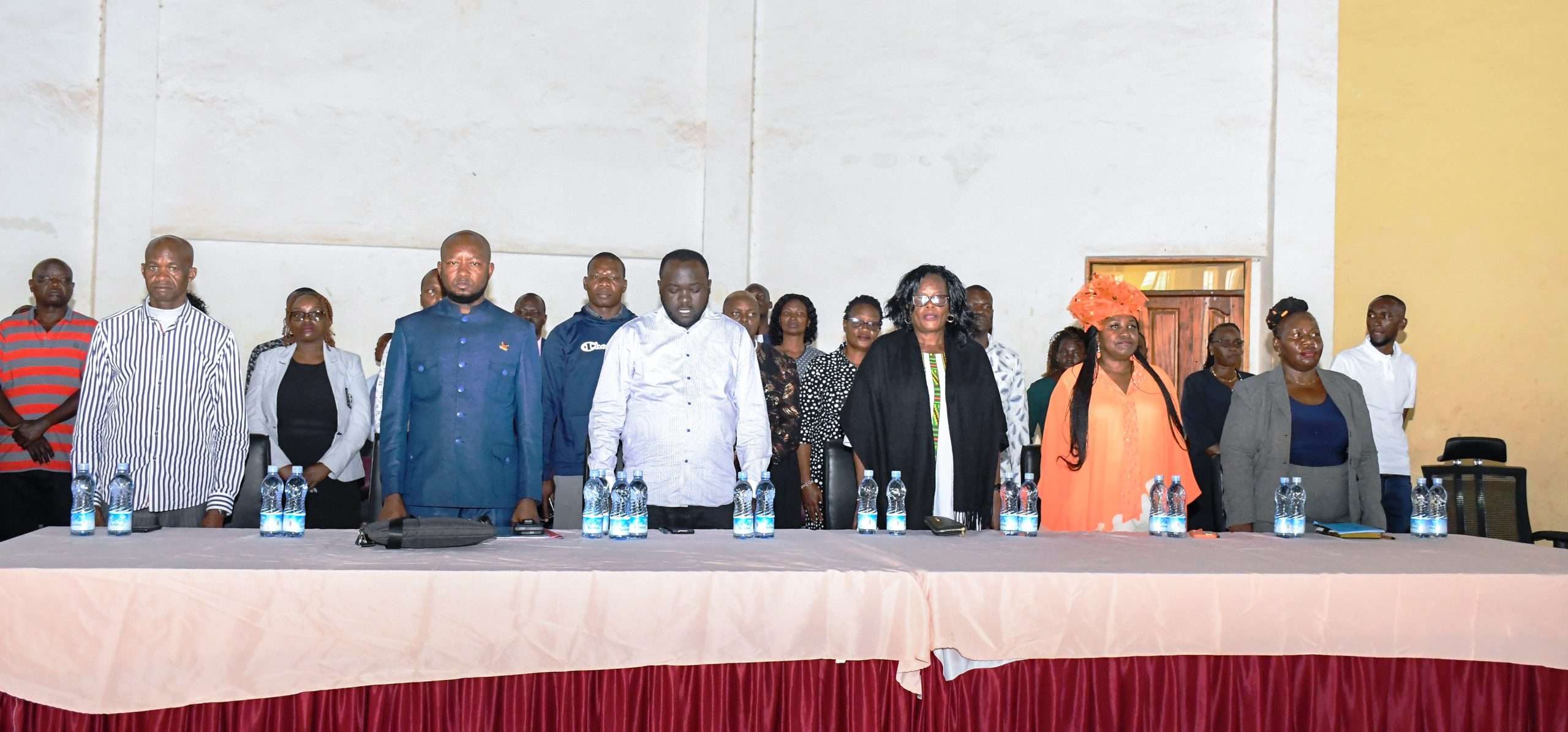Political analysts suggest that President Ruto’s reluctance to appoint a new Gender Cabinet Secretary may be part of a broader strategy to navigate complex political negotiations. The vacancy, it seems, could be a strategic move to garner support from key opposition leaders, with the president reportedly offering the position as a bargaining chip in exchange for their political alignment
Five months have passed since President William Ruto dismissed Aisha Jumwa as Cabinet Secretary for the Ministry of Gender, Culture, The Arts, and Heritage, leaving a significant leadership vacuum that remains unaddressed to date. As the months drag on, concerns are growing over the prolonged absence of leadership at the ministry, with speculation surrounding the true reasons behind the delay.
Political analysts suggest that President Ruto’s reluctance to appoint a new Gender Cabinet Secretary may be part of a broader strategy to navigate complex political negotiations. The vacancy, it seems, could be a strategic move to garner support from key opposition leaders, with the president reportedly offering the position as a bargaining chip in exchange for their political alignment. This move is seen as an effort to consolidate power and expand the inclusivity of his government, particularly as the country gears up for crucial regional and national political battles.
The controversy surrounding the gender ministry appointment first emerged after the National Assembly rejected the nomination of Stella Soi Lang’at from Bomet County in August 2024. Since then, the president has yet to put forward another nominee, despite increasing calls for action. Observers note that Ruto has been actively engaging with opposition figures, offering them a seat at the table and the chance to influence key cabinet appointments, including the highly sensitive gender position.
Ruto has been working to ensure that key regions are represented in his government. He has successfully brought on board ODM leader Raila Odinga and retired President Uhuru Kenyatta, securing representation for Nyanza, Western, and Mount Kenya regions. However, the gender docket remains a particularly delicate issue. Sources suggest that Ruto is carefully weighing his options, considering both candidates from within the Rift Valley and those from other regions.
A key player in this political chess game is Gideon Moi, chairman of the Kenya African National Union (Kanu). Reports indicate that Raila Odinga has been attempting to broker peace between Ruto and Moi, with the possibility of integrating Kanu into the Kenya Kwanza government. The idea would be for Moi to nominate a candidate for the gender ministry, potentially someone from Baringo or Bomet, in exchange for Kanu’s political allegiance. However, the deal remains uncertain, as Moi has maintained a firm position on his political independence.
One name that has surfaced is Nick Salat, the former Kanu Secretary-General from Bomet. Salat’s potential nomination is gaining traction, particularly following his departure from Kanu after a fallout with Gideon Moi in the aftermath of the 2022 elections. If Ruto were to entertain Salat’s return, it would likely require a reshuffling of the cabinet, potentially moving a current female Cabinet Secretary into the gender ministry to make space for Salat’s appointment.
Another figure who has generated significant interest is Wilson Sossion, the former secretary-general of the Kenya National Union of Teachers (KNUT). Sossion’s appointment as Chief Administrative Secretary in the Ministry of Tourism was nullified by the courts, but his political star remains high. With the impending retirement of the long-serving CEO of the Teachers Service Commission (TSC), Sossion is expected to take over as CEO, further solidifying his position in government.
Isaac Ruto, the former governor of Bomet and current Vice-Chair of the Judicial Service Commission, is another potential candidate for a cabinet post. Should he be appointed, his inclusion would likely require a minor cabinet reshuffle, potentially shifting a female minister into the gender docket.
Additionally, former Kitui Governor Charity Ngilu’s name has also been floated as a potential appointee from outside the Rift Valley. Her inclusion could be seen as a move to balance the political dynamics in Ukambani, particularly as Wiper leader Kalonzo Musyoka has shown reluctance to join the Kenya Kwanza coalition. Ngilu’s appointment might serve as a strategic political manoeuvre to mitigate the impact of this political standoff.
As the vacancy for the Gender Cabinet Secretary role remains unfilled, all eyes are on President Ruto’s next steps. The decision on this appointment is expected to have significant political ramifications, not only within his government but also in his ongoing negotiations with opposition leaders. The delay in filling the gender docket has become a critical point of discussion in the country’s political landscape, with no clear resolution in sight.





